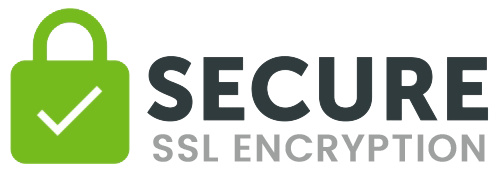There are a number of different areas of credit counseling that might be right for you. It is a question of how much debt you have, and the nature of that debt.
Common debts include:
* Credit card/store card debt
* Mortgage/housing-related debt
* Student loan debt
Some consumer credit counseling services may offer debt management and/or debt settlement. Some will also offer bankruptcy counseling.
Before You Choose a Service
Before you choose a service, gather together all relevant financial paperwork for three to six months if you have it available. If not, start saving all finance-related paperwork going forward. Make copies of your pay stubs for rent or mortgage bills, utilities and so on. The counselor will need all of this information in order to help you come up with a plan to pay down debt, and stay out of debt. They will also need this if they offer debt management and you are carrying a high level of debt.
Credit Card Debt
If you have a large amount of credit card debt, you will need the name of the credit card company, your account numbers, your amounts owning, due dates and interest rate. Organizing these into a spreadsheet using your most recent statements can save a lot of time.
Medical Debt
Current estimates show that more than 65% of all bankruptcies filed in the US are related to medical expenses. You may have used a credit card, or taken out a payment plan through the doctor or hospital you have been using. Some debt management/settlement programs can include medical bills as part of their service, but it is important to ask in advance.
Mortgage/Household-Related Debt
Many people start to get behind with their mortgage due to changes in interest rates if they haven’t taken out a fixed-rate mortgage. Others might lose their job or have unexpected expenses, such as medical expenses.
Most credit counselors will tell you to do whatever you can to avoid becoming homeless. They will also assure you that the banks would rather have people living in a house and doing their best to pay their mortgage, than an empty house.
Some people get tempted by refinancing offers, which are supposed to let you tap into the value of the house (equity) which you have been accumulating by paying your mortgage each month. However, a lot of these offers come with high fees attached and a process similar to what you went through when first buying the house in terms of assessing its value.
This can be a tedious and expensive process which is really moving from one mortgage company to the next. You might do better to stick to your existing mortgage lender, especially if they are just down the road from you and you can go in to speak to them face to face any time you need to.
Student Loan Debt
Student loan debt often piles up for the simple reason that many college grads often find it difficult to get a job as soon as they are out of the school. The loan deferment term differs from lender to lender, but is usually 9 months to a year.
The amount borrowed also has a significant impact on how easy it will be to pay it back. Students who went to a 4-year college will usually have much less debt than someone who has gone to medical school, for example.
Even if a grad gets a job, it’s not always easy to learn how to budget. Credit counseling can help with all this.
Bankruptcy
Bankruptcy is a huge decision with many repercussions. Consulting with a credit counselor can help you get a clearer picture before trying to file, with all of the legal and other complications that involves.

